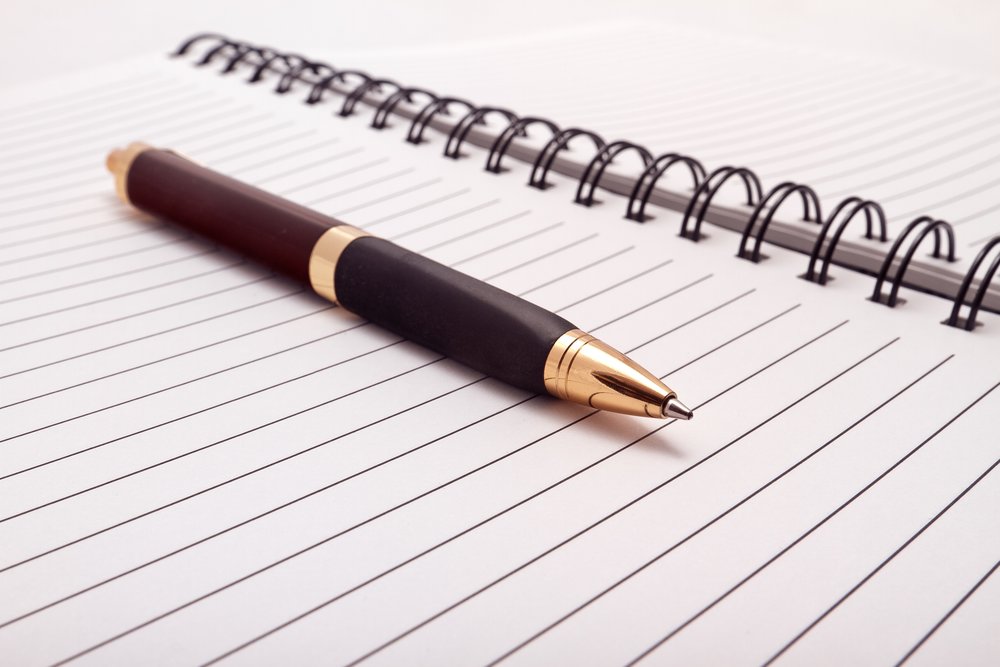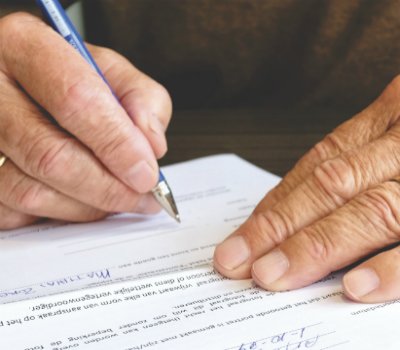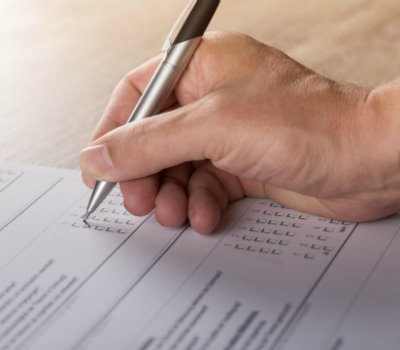Legacy: (423) 843-2525
Wann: (423) 821-7551
Legal Advice
After a death, there are many legal details to hammer out. While it is not necessary to get a lawyer, it is strongly recommended. A lawyer will make sure all the ‘t’s are crossed and i’s are dotted”. The time following a death of a loved one is extremely emotional, and even the closest family will have disagreements over the most trivial matters. To make sure there is still peace in the family, it is a good idea to let a lawyer figure things out.
Before getting in touch with a lawyer there are several important documents that you need to gather. Those include:
- Wills
- Deeds
- Bank Statements
- Insurance Policies
- Vehicle and Boat titles
- Tax Documents

 Bank Accounts
Bank Accounts
What is to be done with bank accounts after a death varies regionally. In some regions, bank accounts are automatically frozen after a death. To avoid any complications, the bank should be notified immediately, and you should find out the procedures for releasing these funds, and how to set up a new account for funds received after the death.
> LEARN MORE

 Death Certificates
Death Certificates
A Certified Death Certificate is necessary before anything can be done. A death certificate can be obtained through a Funeral Director. It is a good idea to obtain multiple copies of a death certificate as most agencies require a certified certificate and not a photocopy.
> LEARN MORE

 Wills
Wills
Everyone knows they should have a will, but the vast majority – about 70% of us – do not. Writing a will is easy and inexpensive, and once you are done you can rest easy knowing your hard earned money and property will be distributed according to your wishes.
> LEARN MORE

 Probate
Probate
Probate is the legal process that transfers the legal title of property from the estate of the deceased to their beneficiaries. During the probate process the executor of your will goes before the courts and identifies and catalogs all the property you owned, appraises the property, and pays all debts and taxes, proves that the will is valid and legal, and distributes the property according to the instructions of the will. Probate can be a long, drawn-out legal process, and there are some probate-avoidance plans in place.
> LEARN MORE

 Executors
Executors
An executor is the personal representative of your estate. They are the person in charge of taking control of your assets, paying off any debts, and distributing assets to your beneficiaries per the terms and conditions of your will.
> LEARN MORE



